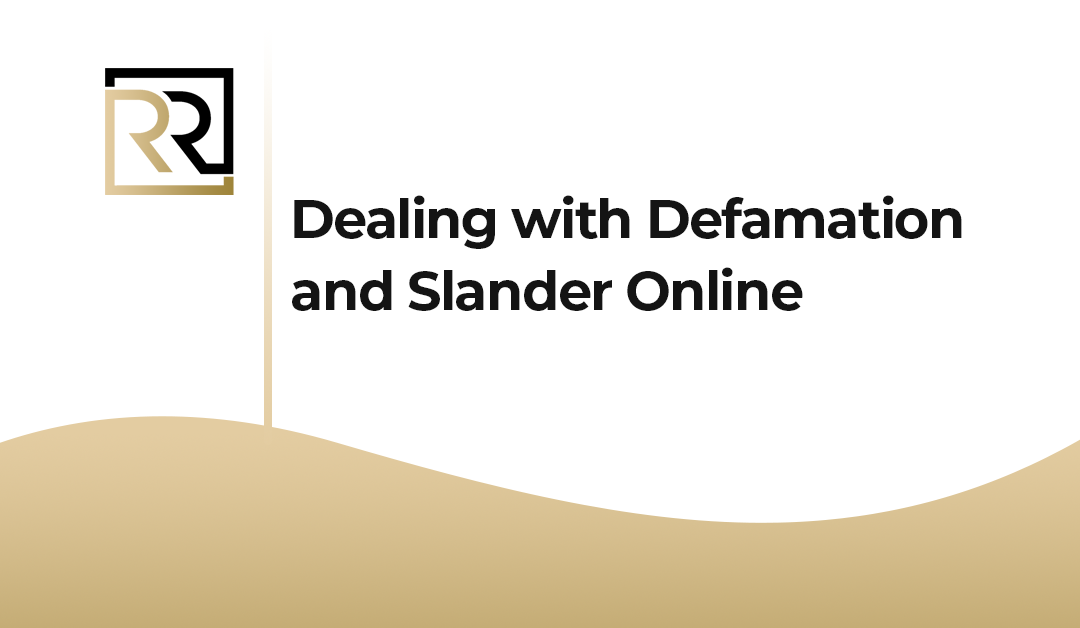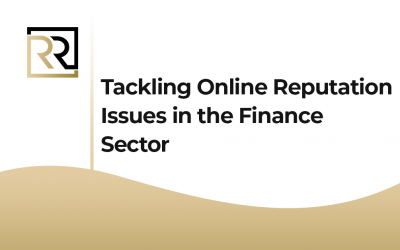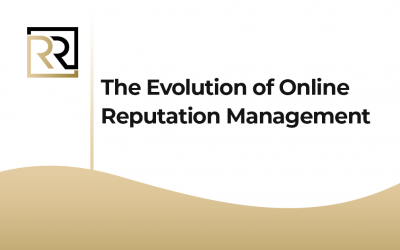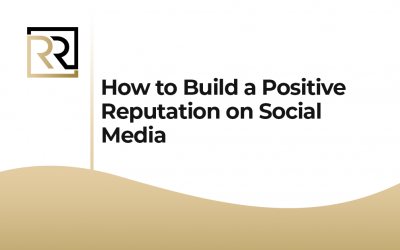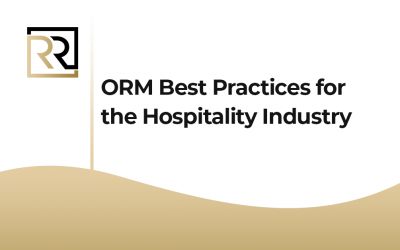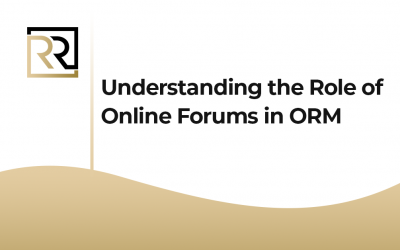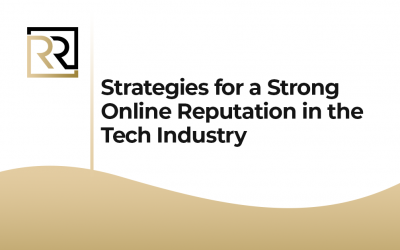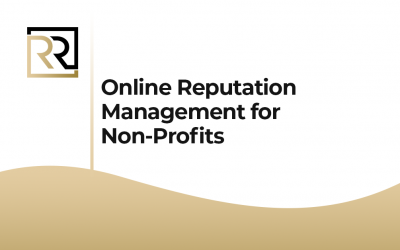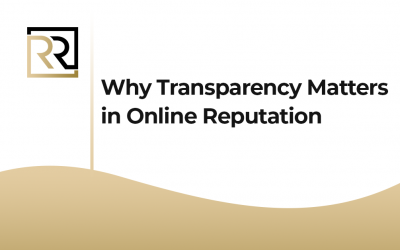Defamation and Slander Online
In the digital age, where information spreads rapidly across online platforms, individuals and businesses are increasingly vulnerable to defamation and slander online. Furthermore, false statements and damaging remarks made online can tarnish reputations, harm relationships, and even impact livelihoods. Thus, in this article, we’ll explore effective strategies for dealing with defamation and slander online, empowering individuals and businesses to protect their reputations and navigate the complexities of online defamation.
Defamation Defense: Strategies for Handling Defamation and Slander Online
1. Understanding Defamation and Slander
Firstly, defamation refers to the act of making false statements that harm a person’s reputation, while slander specifically pertains to defamatory statements spoken aloud. Moreover, in the online realm, defamation often takes the form of written statements published on websites, social media platforms, review sites, or forums. Further, whether it’s false accusations, malicious rumors, or negative reviews, online defamation can have serious consequences for individuals and businesses alike.
2. Assessing the Damage
Secondly, the first step in dealing with defamation and slander online is to assess the extent of the damage to your reputation. Thus, take stock of the defamatory statements and their impact on your personal or professional life. Moreover, consider factors such as the reach of the statements, the credibility of the source, and the potential harm to your reputation and livelihood. Besides, by understanding the scope of the defamation, you can formulate an effective strategy for addressing the issue.
3. Seeking Legal Counsel
Overall, in cases of severe defamation or slander, it may be necessary to seek legal counsel to protect your rights and interests. Therefore, consult with an experienced defamation attorney who specializes in internet law and online reputation management. They can advise you on your legal options, assess the strength of your case, and guide you through the process of pursuing legal action against the defamer. Thus, while litigation should be considered as a last resort, having legal representation can provide you with the necessary expertise and support to resolve the issue effectively.
4. Responding Appropriately
Generally, in some cases, responding directly to the defamatory statements can be an effective way to mitigate the damage to your reputation. Therefore, consider drafting a carefully crafted response that addresses the false accusations or misleading information in a calm and professional manner. What’s more, avoid engaging in heated arguments or trading insults with the defamer, as this can escalate the situation and further damage your reputation. Thus, instead, focus on presenting factual information and countering any false claims with evidence or documentation.
5. Leveraging Online Platforms
Further, many online platforms have policies and procedures in place for addressing defamation and slander. If the defamatory statements appear on social media platforms, review sites, or other online forums, consider reporting them to the platform’s administrators. Thus, provide evidence of the defamatory content and request that it be removed in accordance with the platform’s terms of service. Overall, while the effectiveness of this approach may vary, it’s worth exploring as a potential avenue for removing or mitigating the impact of defamatory statements.
6. Building a Positive Online Presence
Chiefly, one of the most effective long-term strategies for dealing with defamation and slander online is to proactively build and maintain a positive online presence. Therefore, focus on creating high-quality content that showcases your expertise, accomplishments, and positive contributions to your industry or community. In addition, engage with your audience on social media, share valuable insights and resources, and foster meaningful relationships with followers and supporters. Besides, by consistently demonstrating your credibility and professionalism online, you can counteract the effects of defamation and bolster your reputation over time.
7. Monitoring and Managing Your Online Reputation
Finally, regularly monitoring your online reputation is essential for identifying and addressing defamation and slander in a timely manner. Moreover, utilize online reputation management tools to track mentions of your name, brand, or business across digital channels. Set up alerts or notifications to stay informed about new defamatory statements or negative reviews. Basically, by staying proactive and vigilant, you can address defamation and slander promptly and minimize their impact on your reputation.
Conclusion: Dealing with Defamation and Slander Online
In summary, dealing with defamation and slander online requires a multifaceted approach that combines legal recourse, strategic communication, and proactive reputation management. Therefore, by understanding the nature of defamation, seeking legal counsel when necessary, responding appropriately to defamatory statements, leveraging online platforms, building a positive online presence, and monitoring and managing your online reputation, you can protect your reputation and navigate the challenges of online defamation effectively. Also, while dealing with defamation can be challenging, taking proactive steps to address the issue can help safeguard your reputation and preserve your personal or professional integrity in the digital age.


